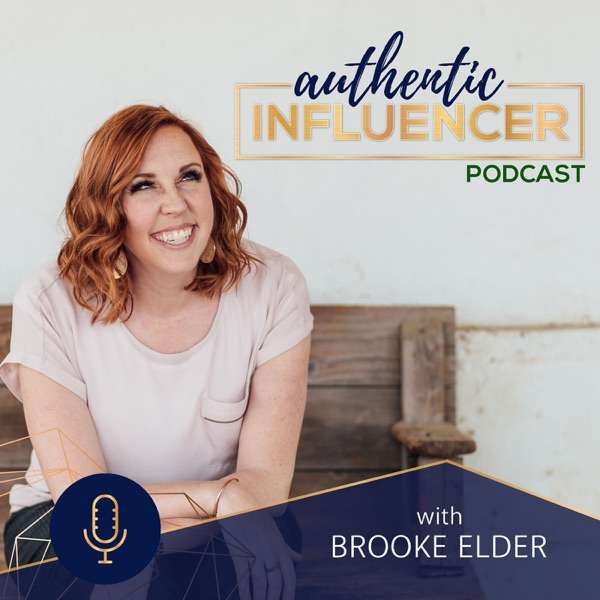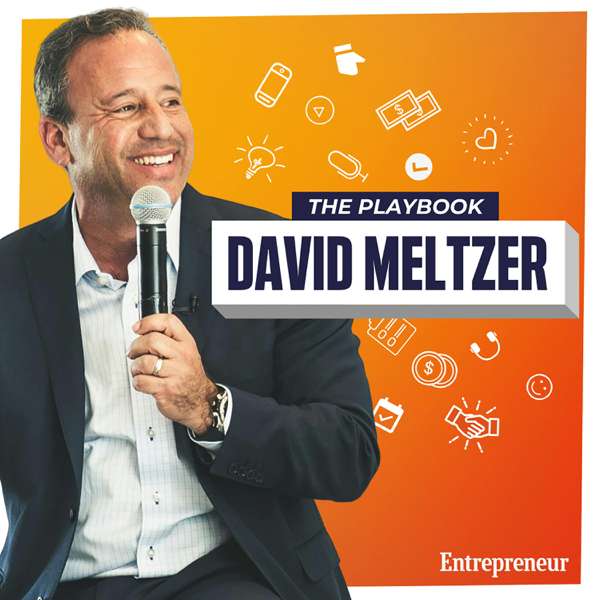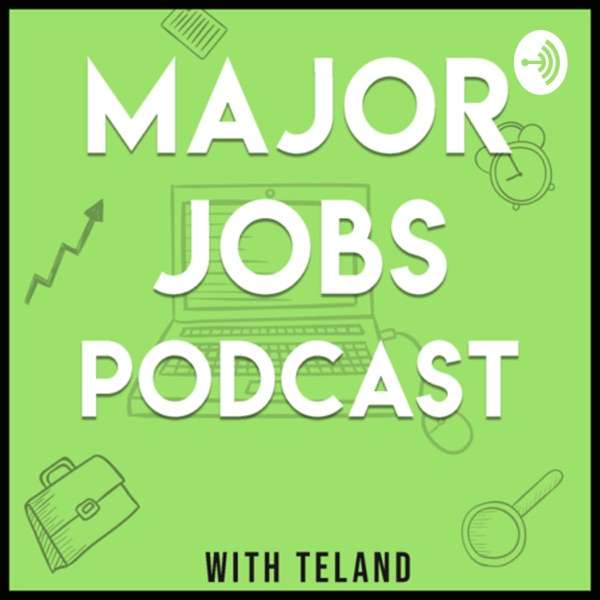The Problem With Over-Negotiating
When I was first starting out in this business I learned an important lesson about dealmaking from my friend and mentor, Russell. I was working on a big deal in which we were going to make about $1.3M and I realized there was more demand for the deal than I had originally thought. Great! We could make $2.2M instead. I was so excited.
But then Russell told me something I’ll never forget. “Don’t be a pig,” he said. “This is a fair deal and these are fair terms. Sell it out and let’s move on to the next one.” I learned a lot from that, and it’s still a part of my approach today.
In My Deals, Everybody Wins
Pushing people too hard is a mistake. Yes, you may make a few more dollars in the short term, but you’ll quickly develop a reputation for being hard to work with. Once word gets out in your industry that you aren’t a team player, it’s almost impossible to live it down. Especially today with customer reviews and social media.
The solution is to adopt an attitude that everybody needs to be a winner at the end of every deal you do. Yes, you want to make money. But you also want the other parties in the deal to make a reasonable margin and be able to stay in business. I discuss how to do this without getting taken advantage of on today’s episode of the podcast.
How Do You Want to Spend Your Time?
Here’s the other reason not to negotiate too hard: how much of your time do you really want to spend grinding other people down for a higher margins? I was at a car dealership recently and I used a rather strange negotiation tactic. The salesperson told me the price and I said, “I’ll take it.” I didn’t negotiate at all. I paid the money, drove it off the lot, and spent the rest of the weekend with my family.
Be a person whose time is too precious to spend fighting over a few dollars. That’s a type of prize framing that I use all the time. I don’t want to pay outrageous prices for things, but if the price is fair I’m not going to waste my time trying to get a slightly better deal.
Negotiate until you reach a fair price, shake hands, and move on.
Story Pitch vs Data Pitch
The final topic in this episode is the difference between a story pitch and a data pitch. I see people get this confused all the time. There are two main ways to pitch any deal and if you choose the wrong one you’ll never be able to convince others to invest in you. You also don’t want to mix these together.
I’ll show you exactly what the difference is and you’ll see an example of how to construct each type of pitch. Finally, I’ll point out some common mistakes and how to avoid them.

 Our TOPPODCAST Picks
Our TOPPODCAST Picks  Stay Connected
Stay Connected







